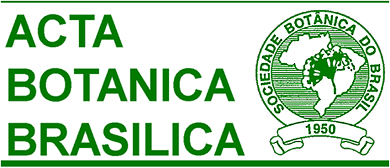The objective of this work is to determine the social behaviour concerning the consumption of vegetal species by local communities. The involved localities are: the Usina São José (Igarassu - Ig), which involves rural communities in the surroundings of the Ecological Reserve of the Usina São José and the Jaguarana (Paulista - PE), an urban settlement located in the neighbourhoods of the Ecological Reserve of Jaguarana. Structured interviews were applied to these social groups, addressing 38 people, in order to identify the most useful plants and the correspondent use. These were classified into categories food, commerce, constrution, ritualistic, medicinal, technological and "others". Among these types, 334 native and introduced species were registered. The different communities were analysed and compared through the Sørensen Similarity Quotient (Qs). The higher incidence is of feeding plants (QsIgPa= 0.71), predominantly cropped and medical plants (QsIgPa= 0.56), from which 45.1% are natives and herbaceous. The native vegetation constitutes an important source of medicines. However, it has no relevance as food within the cosmological view of the community. Vegetables are irrelevant as timber in the trade sector, for income generation (QsIgPa= 0.30). For building proposals most species are native (87.8%) and tree (92.7%). For technological purpose the native species (85.7%) and the tree/shrub (84.1%), are the most representative category. The communities use different types of vegetal resource for the construction, ritualistic and technology among other categories, as a result of their main activities and of the available natural resources.
Ethnobotany; useful plants; categories of use; Atlantic Rain Forest



